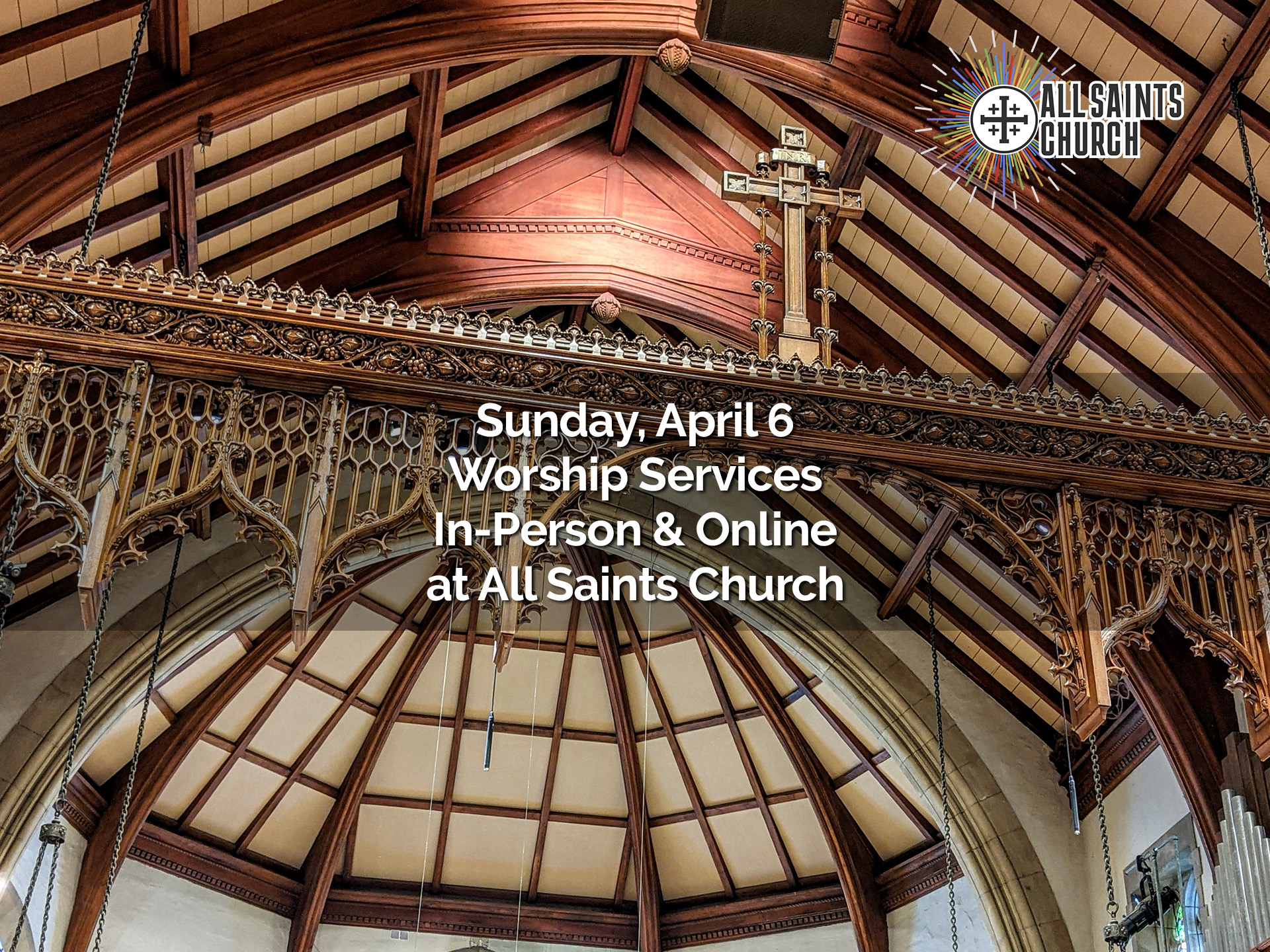Reflections on reconciliation by Mike Kinman, Rector of All Saints Church, Pasadena:
For all our work with mission statements, the mission of the Church can be summed up in one word: Reconciliation.
Reconciliation is restoring to unity that which is broken. It is the healing of relationships. It is the forming of the Beloved Community. It is our mission. It is our call.
We give this mission special focus during Lent. And yet, I’ve found often when I talk about reconciliation, the term is met with anxiety, ambivalence and reticence. I’ve found fear that is based in a misunderstanding of what reconciliation is. The fear goes like this:
Reconciliation is about sin. After all, the part of the liturgy where we look at reconciliation is the confession. The logic then goes if there is sin, there has to be a sinner and someone who was sinned against — a good guy and a bad guy. Reconciliation must be about identifying good guy and the bad guy, having the bad guy confess and apoligize. After all, the most famous reconciliation process we know of is the “Truth and Reconciliation” process in South Africa and it sure seemed like there were good guys and bad guys there, right?
In that logic, reconciliation becomes a process of demonizing. Of some people being labeled the sinners, the bad guys. It is a process of blame and shame.
I get where that comes from. The world is pretty graceless and unforgiving. If something goes wrong, it seems like we are always looking for something to blame. This is nothing new.
That’s why listening to Jesus talk about reconciliation is important. In Matthew 5:23, Jesus says: “If you bring your gift to the altar and there remember that your sibling has something against you, leave your gift there at the altar. Go to be reconciled to them, and then come and offer your gift.”
Yes, there are times where reconciliation is about an individual confessing a sin against another. Confession in that case is something that comes from within. It’s not about someone pointing a finger at us, but about us through self-examination coming to realize that we have sinned – that we have broken relationship with another, either intentionally or unintentionally – and then of our own free will unburdening ourselves of that, making reparation, pledging to live differently and having the relationship restored to wholeness. That is not a process of casting out. That is a process of grace and healing.
And often, reconciliation is about what happens in this passage from Matthew. Notice a few things. Jesus doesn’t say “if you have something against your sibling.” This isn’t about pointing a finger at someone else. Jesus says “If you remember that your sibling has something against you.”
Reconciliation is about being attentive to the quality of relationships in the community. To be attuned to one another so deeply that we know when someone has something against us – whether we believe we are in the wrong or not. And for us to make the first move – even if we don’t think we have done anything wrong –and begin the conversation that is aimed at reconciliation … at making whole what was broken.
Reconciliation is never about demonizing. It is about being so aware of the community and loving the community so deeply that we are always willing to listen to each other and do that hard work of figuring out where wounds have happened, where relationship has been broken, where whether we meant to or not, we have hurt one another. And then not to blame, but to heal.
And that’s where we get to the last part of this Gospel reading. After we are reconciled with each other, then together we go and offer our gift. The point of reconciliation is so we can approach Christ’s table together. So we can offer our gift of ourselves together and God can use us together to do and be amazing things.
Reconciliation is a process of doing what Jesus did. Giving up ourselves for one another for the common good. It is the mission of the church. It is never about casting out. It is always about gathering in. It is about healing so we can all give ourselves to God and each other … together.
This Lent, let us strive to listen deeply to one another. To be so in tune with each other that we know when there is a rupture in our relationship. To be so in tune with each other that we know when someone has something against us. And then to compete to be the first to say to our sibling:
What would it mean for us to be reconciled?
Reposted from the February issue of Saints Alive. Read more here.



